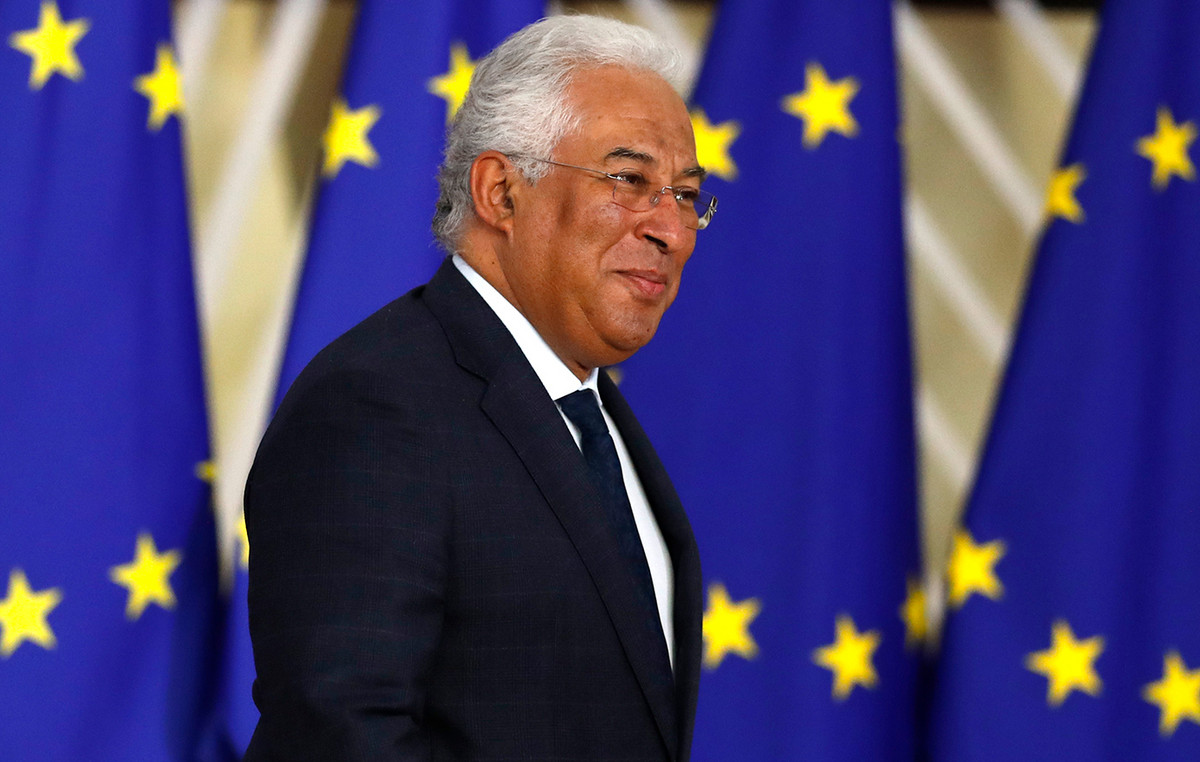Shakoofa Khalili was waiting for her husband to go home with market bread when she heard her eight -year -old daughter shout from the balcony.
The girl saw the police approaching her father on the street, in front of their safe house in the capital of Pakistan, Islamabad, and ran to confront them.
“(She) cried and grabbed the policeman’s hand begging him to let his father let out,” Khalili told CNN while reporting what she thought her worst fears were coming true.
When Afghanistan fell into the hands of the Taliban in 2021, thousands of refugees fled the border to neighboring Pakistan in search of safety away from the radical Islamic group.
Afghan citizens who worked with the United States or NATO forces were particularly fearful of Taliban reprisals. With the promise of resettlement in the US, many traveled to Pakistan to wait for American visas. Khalili and her family were among them.
Now they fear being deported back to Afghanistan, after the order of US President Donald Trump, to suspend the US refugee admission program (USRAP), effectively excluding refugees from around the world that were on their way to resettlement in USA.
Shortly after the signing of the executive order, the Pakistan Prime Minister’s Office prepared a three-step repatriation plan for “Afghan citizens intended for resettlement in a third country.”
The document, seen by CNN asks foreign missions to coordinate the relocation of Afghan citizens out of the capital Islamabad and their town town of Rawalpindi’s twin-grade until March 31, 2025.
If not removed to this date, they will be “repatriated to Afghanistan.”

“A death sentence”
While living in Afghanistan, Khalili worked on a US embassy -funded child abuse protection program. She expected to win an American visa, but ended up trapped in Pakistan, with few options to leave.
“For us, who work with the United States, returning to Afghanistan is not just a risk – it is a death sentence,” Khalili told CNN .
This time, the daughter’s calls to the police worked, but although the father and child returned to the safe place they call home, Khalili’s daughter was deeply affected by what happened.
“For two days, because of this terrible incident… my daughter fell into a deep silence. She didn’t eat for two days. She speaks and shouts sleeping at night, ”said Khalili.

Many Afghan who worked for the US but failed to escape Afghanistan now live hidden, afraid of their lives. Those in Pakistan are terrified of being killed if they are forced to return.
The UN Agency for Refugees (UNHCR) and the International Organization for Migration (OIM) said in a statement on Wednesday (5) that those forced to return face Taliban reprisals-especially ethnic and religious minorities, women and girls, Journalists, human rights activists and members of artistic professions.
Shawn Vandiver, founder of #Afghanevac, an important coalition of resettlement groups and veterans, says that between 10,000 and 15,000 Afghas are in Pakistan waiting for visas or resettlement in the US.
In an X publication, Vandiver said the Usrap break disproportionally affects Afghan women in Pakistan, leaving them without work, without legal protection and without hope.
“Since Cabul’s fall, Afghan women have been systematically erased from public life – banned from education, work and even basic freedoms. For many, USRAP was the only viable way to security. With the break, this door closed, ”he said.

According to the document seen by CNN Pakistan’s intelligence agencies must coordinate with the Prime Minister’s office to monitor and implement the relocation plan.
The Pakistan Interior Ministry issued a statement to CNN confirming that “all illegal foreigners, including Afghan, will be deported back to their home countries, according to the Illegal Foreign Repatriation Plan (IFRP).”
He has asked countries to sponsor Afghan citizens for resettlement who complete the process quickly, or “sponsored Afghan will be deported.”
The document also threatens to deport Afghan who has an Afghan citizen card, another form of registration for Afghan refugees in Pakistan issued almost a decade.
The US Embassy and the Pakistan Foreign Ministry did not immediately answer the question of the CNN on the coordination between the authorities so far.
Pakistan wants to leave Afghan refugees
Pakistan houses one of the largest refugee populations in the world – most of them from Afghanistan. But the country has not always welcomed Afghan refugees, submitting them to hostile living conditions and threatening deportation over the years.
According to UNHCR, more than 3 million Afghan refugees, including registered refugees and over 800,000 without document, live in Pakistan.
Many fled the Soviet invasion of Afghanistan in the 1980s. A new generation went to Pakistan after the September 11 attacks, with ups and downs during the nearly two decades of conflict that followed.
The return of the Taliban to power in 2021, after the United States withdrawal, triggered another wave of about 600,000 refugees.
Pakistan began a new repression of Afghan refugees in 2023 to press the Taliban to do more to contain militant attacks from Afghanistan.

According to UNHCR, 800,000 Afghan citizens have left Pakistan since then.
Repression against those who are not registered with UNHCR nor awaits resettlement in a third country remains in phases, with thousands of Afghan sheltered in safe homes and slums hoping to resist repatriation for their home country.
Khalili continues to hide with her husband and son in Islamabad, and her despair continues to increase. She told CNN Regarding the risks she and others have ran “to support the mission of the United States as interpreters, hired, human rights and allied defenders.”
According to Khalili, “the Taliban sees us as enemies, and we face the harsh reality of prison, torture or death if we are forced to return.”
“This suspension (from the visa program) denies us the shelter and protection that were promised to us, leaving us vulnerable to unimaginable consequences and at the mercy of the Taliban.”
This content was originally published in Afghan refugees fear returning to the country after Trump’s decree on CNN Brazil.
Source: CNN Brasil
Bruce Belcher is a seasoned author with over 5 years of experience in world news. He writes for online news websites and provides in-depth analysis on the world stock market. Bruce is known for his insightful perspectives and commitment to keeping the public informed.







